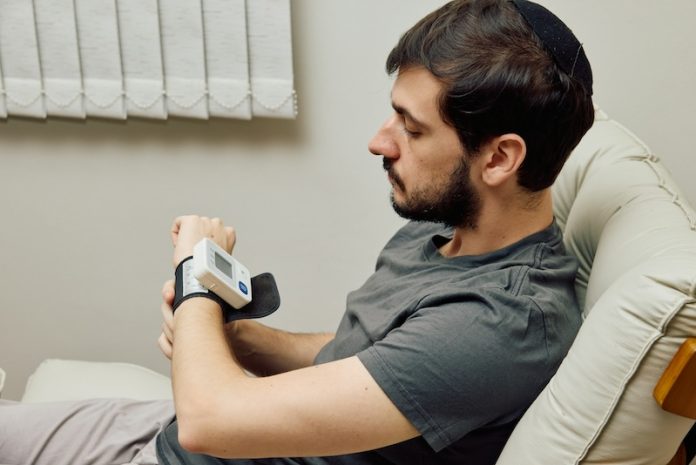
A recent study published in the Journal of the American Medical Association (JAMA) has revealed promising results for a new medication called zilebesiran, which could become an important treatment option for people with high blood pressure (hypertension).
The study was led by Dr. George L. Bakris and his team at the University of Chicago and was designed to assess how effective and safe zilebesiran is in lowering blood pressure.
High blood pressure is a common and serious health condition that can lead to heart disease and stroke if not managed properly.
Current treatments often involve daily medication, and there is always a need for new therapies that are both effective and have fewer side effects. This study on zilebesiran offers hope that a new, more convenient treatment could be on the horizon.
The study was a phase 2 randomized trial, meaning it was designed to test the medication’s effects in a relatively large group of people to determine its effectiveness and safety.
A total of 377 participants took part in the trial. Out of these, 302 were given zilebesiran, while 75 received a placebo, which is a substance with no therapeutic effect, over a period of six months.
The participants who received zilebesiran were split into different groups based on the dosage and frequency of the medication. Some were given 150 mg, 300 mg, or 600 mg of zilebesiran either once every six months, or in the case of the 300 mg dose, once every three months.
The purpose of these varying dosages and schedules was to determine the most effective regimen for lowering blood pressure.
The results of the study were encouraging. Zilebesiran significantly lowered systolic blood pressure (SBP), which is the pressure in the arteries when the heart beats and is the top number in a blood pressure reading.
Compared to the placebo, all doses of zilebesiran resulted in notable reductions in blood pressure.
Specifically, the study found that the 24-hour average reduction in SBP was -7.3 mm Hg for the 150 mg dose every six months, -10.0 mm Hg for the 300 mg dose every three months, -8.9 mm Hg for the 300 mg dose every six months, and -8.9 mm Hg for the 600 mg dose every six months. In contrast, those on the placebo actually saw an increase in SBP of +6.8 mm Hg.
After three months, the reduction in SBP was even more pronounced. The differences in SBP compared to the placebo were -14.1 mm Hg for the 150 mg dose, -16.7 mm Hg for the 300 mg dose every three or six months, and -15.7 mm Hg for the 600 mg dose.
These reductions are significant, as even small decreases in blood pressure can greatly reduce the risk of heart disease and stroke.
The safety of zilebesiran was also a key focus of the study. Over the six-month period, the occurrence of side effects was slightly higher in the zilebesiran group (60.9%) compared to the placebo group (50.7%).
However, serious side effects were actually less common among those taking zilebesiran (3.6%) than those taking the placebo (6.7%).
This study is particularly important because it suggests that zilebesiran could be a new and innovative treatment for hypertension, which affects millions of people worldwide.
The results are promising enough to justify further research, especially given the ongoing need for effective blood pressure management options with minimal side effects.
It’s worth noting that the study was sponsored by Alnylam Pharmaceuticals, the company that developed zilebesiran. Some of the researchers involved have ties to the pharmaceutical industry, which highlights the importance of continued independent research to confirm these findings.
For anyone concerned about high blood pressure, it might be beneficial to explore additional research on dietary choices that support healthy blood pressure, such as the effects of potatoes, the benefits of a potassium-rich diet, and other top dietary choices for managing hypertension.
The complete research findings can be found in the JAMA publication.
If you care about high blood pressure, please read studies that drinking tea could help lower blood pressure, and early time-restricted eating could help improve blood pressure.
For more health information, please see recent studies about added sugar in your diet linked to higher blood pressure, and results showing vitamin D could improve blood pressure in people with diabetes.
Copyright © 2024 Knowridge Science Report. All rights reserved.



